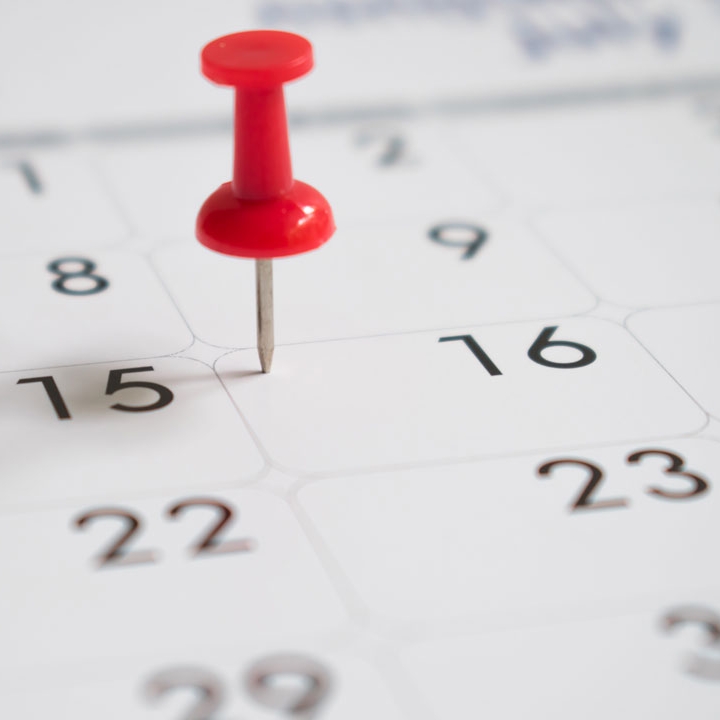Once contact is established and the type of training is chosen, we typically handle the rest.
-
- If it involves group sessions (ideally a maximum of six participants per group), we leave it to you to coordinate the location and date(s).
- Once the date is set and the list of participants and their contact details are received, we take over.
(Group sessions allow for beneficial exchanges among participants, with exercises conducted in front of the group.)
- Once the date is set and the list of participants and their contact details are received, we take over.
- If it involves individual sessions
- You provide us with the list of participants and their contact details, and we take over.
(Individual sessions allow for more in-depth work on personal files, with more time dedicated to practical exercises.)
- You provide us with the list of participants and their contact details, and we take over.
- If it involves specialized sessions (preparation for a specific event: delivering a speech; preparing for a planned interview; post-interview analysis and advice, etc.)
- You provide us with the contact details of the individuals involved, e.g., speechwriter and speaker, and we take over.
- If it involves group sessions (ideally a maximum of six participants per group), we leave it to you to coordinate the location and date(s).
The course content is highly adaptable based on needs, experience, and set objectives (see a sample schedule below).
-
- We send a mini-questionnaire in advance (if needed) to each participant to understand their profile, files, and expectations. After the session, each participant will complete a standard evaluation questionnaire, the results of which will be sent to the manager.
- All our communications are conducted via email (phone if necessary), and all documentation provided to participants, course materials, etc., are in electronic format (PDF files) and/or accessible online.
- We prioritize training (especially individual sessions) via Zoom, Teams, etc. This aligns with the practices of journalists, who increasingly conduct interviews via Skype, FaceTime, or WhatsApp.
- Our fees are in line with industry standards. They include the trainer's preparation time, documentation, etc., and access to online resources.
- A) Group Sessions; B) Individual Sessions: Typically, $1200.00 per day/per participant.
- Spokesperson Training - 1 day
- + Proactive Media Relations - 1.5 days
- + Risk Communication - 2 days
- C) Specialized Sessions - $600.00 per half-day session.
- A) Group Sessions; B) Individual Sessions: Typically, $1200.00 per day/per participant.
- We send a mini-questionnaire in advance (if needed) to each participant to understand their profile, files, and expectations. After the session, each participant will complete a standard evaluation questionnaire, the results of which will be sent to the manager.
-
- If we need to travel outside Ottawa, we may charge for subsistence (per diem) and travel/accommodation expenses. We would provide a quote in advance. We align with the standards set by the Government of Canada.
Sample Schedule
Spokesperson Training (typically: one day)
Detailed content, pages: Media Communication + Spokesperson Training
| 09:00 | Introduction (assessment of knowledge, expectations, objectives, work plan) |
|
Framework protocol (working in concert with communication managers and in accordance with internal policies)
|
|
|
Principles of media communication - Microphone exercises - Awareness of strengths and weaknesses - Information prioritization and simplification
|
|
|
Perceptions - Exercise
|
|
|
The work of journalists, their needs, etc.
Operations and specifics of different media. |
|
| 10:30 |
Break
|
| 10:40 |
Key messages - Characteristics - Content
|
|
Exercises: Preparing key messages
|
|
|
Microphone exercises - Credibility - Analysis
|
|
| 12:00 |
Lunch
|
| 12:45 |
Roundtable: Evaluation of progress
|
|
Media encounters
General guidelines - Dos and don'ts New practices post-COVID |
|
|
The interview - Negotiation - Different types of interviews
|
|
|
Interview techniques (how to answer different types of difficult questions and how to maintain initiative)
|
|
|
Radio - Different types of radio interviews
|
|
|
Recording exercises: Radio interviews
Application of taught techniques Recording, listening, analysis |
|
| 15:00 |
Break
|
| 15:10 |
Television/Video - Different types of interviews - Image considerations
Recording exercises: TV interviews Application of taught techniques Recording, viewing, analysis Role-playing |
| 16:30 |
Roundtable - Evaluation
|
| 16:45-17:00 |
End
|
Proactive Media Relations (typically: half a day)
Detailed content, page: Proactive Media Relations
| 09:00 | Brief refresher (Spokesperson Training) |
| 50% of the time will be dedicated to theory and case studies | |
|
|
| 50% of the time will be dedicated to a realistic simulation | |
| Roundtable - Evaluation | |
| 12:00-12:30 | End |
Risk Communication (typically: half a day)
Detailed content, page: Risk Communication
| 13:00 | Brief refresher (Spokesperson Training + Proactive Media Relations) |
| 50% of the time will be dedicated to theory and case studies | |
|
|
| 50% of the time will be dedicated to a realistic simulation | |
| Roundtable - Evaluation | |
| 16:45-17:00 | End |
